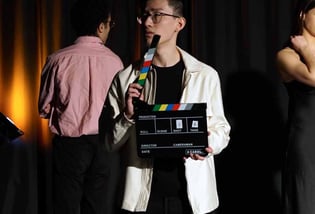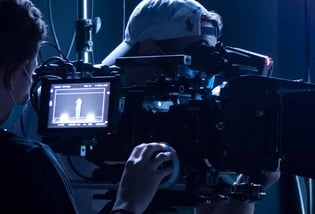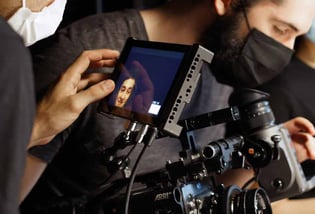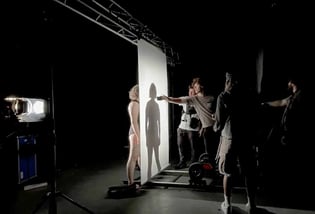International Filmmaking Programs
EICAR prepares you for careers in the film & creative industries
- Over 500 productions per year
- 50 years of EICAR
- Alumni awarded at Cannes Film Festival
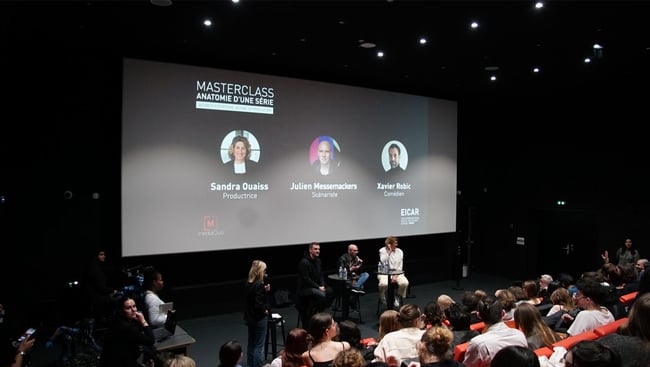
The International Film & Television School Paris
Telling stories to change the world
We believe in the power of storytelling to move, inspire, and transform society. Every student leaves our school equipped with the skills, creativity, and determination needed to make a difference.
What is your level of education?
High School Graduate Our programs
Bachelor's Degree or more Our program
Programs
One year programs, Bachelor & Master
French as foreign language & audiovisual
Accessible after high school or higher education, this one year program will help students reach a sufficient level of written, spoken French and fundamental knowledge of filmmaking in order to pursue a higher education in France in the audiovisual fields.
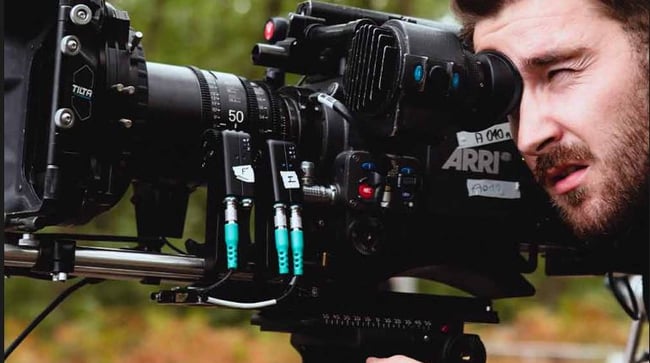
EICAR
In a few figures
-
9000m² of facilitiesin Paris and Lyon
-
300professionnaltrainers
-
+500productionsper year
-
12800alumnisEICAR Network
Frequently asked questions
Do I need to know French in order to go to the international programs?
No. Our BFA, MFA, One Year Filmmaking programs and our summer workshops, “Making a Short” and “Writing a Short” are taught in English. The school nevertheless provides French classes as part of the degree programs to help you to immerge into French culture.
When is the admissions period?
Admissions begins in late October and is rolling but usually goes until early summer depending on places that remain.
What kind of student attends the international department programs? Who are you looking for?
We are looking for potential filmmakers from all over the world from a variety of different backgrounds. The typical candidate is a non traditional student looking for practical immersion in filmmaking and the chance to work on their craft. The average student has little prior experience in filmmaking but presents him or herself with a letter of motivation, demonstrating their passion and seriousness as well as their long term goals.
